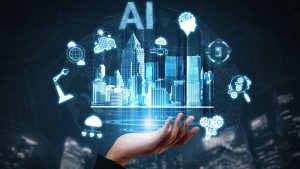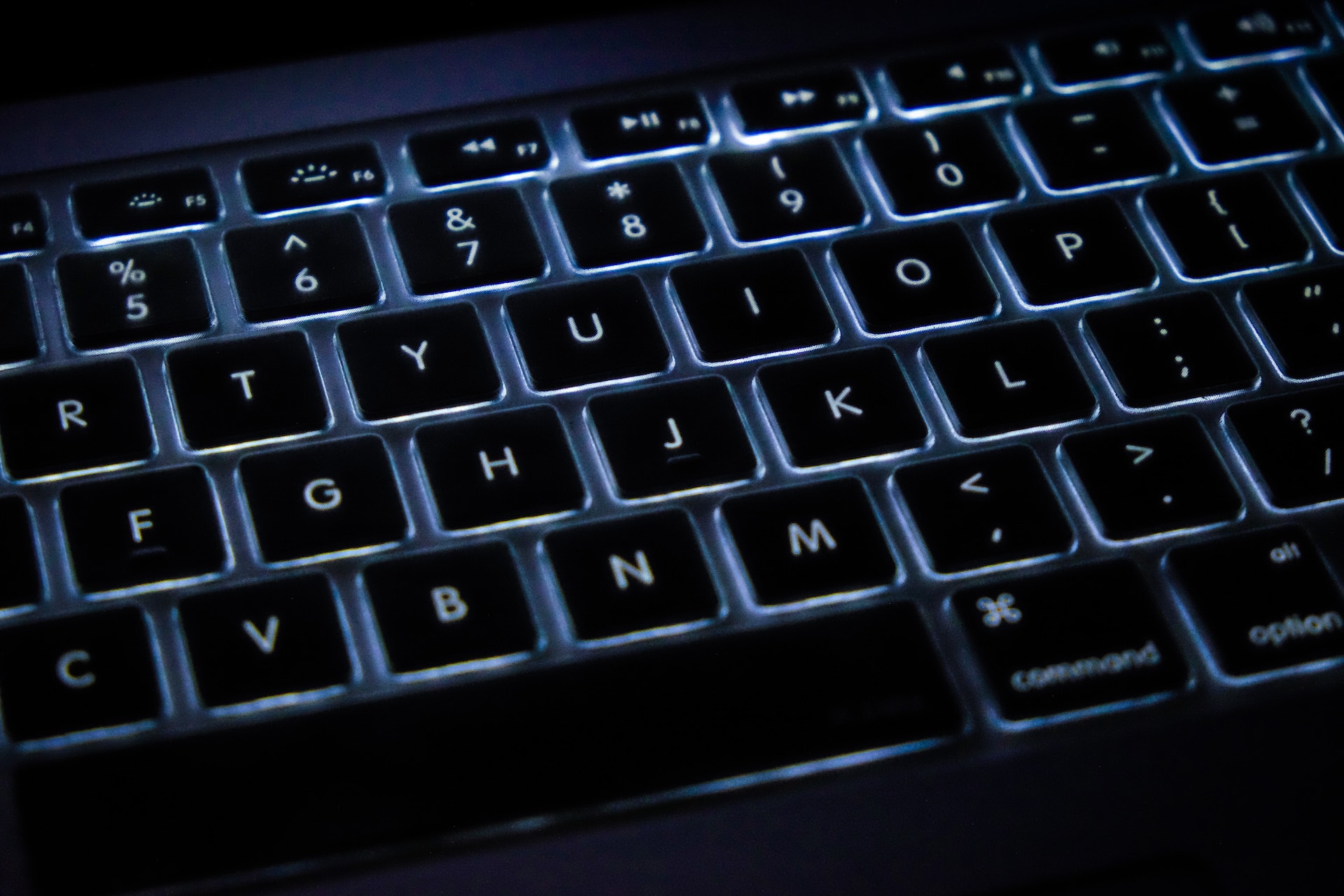AI Disparity: How to Prevent a Divided Digital Future
Cyber experts warn that artificial intelligence could widen the gap between the haves and the have-nots. Learn how to ensure a fair and inclusive digital future for all.
Hello, this is Fred, a cyber security expert and a researcher on the social impact of AI. In this article, I will share with you some of the risks and challenges of AI disparity and how we can overcome them. AI disparity is the unequal distribution and access to AI technologies, skills, and benefits among different regions, sectors, and populations. It matters because it affects the economic, social, and political opportunities and outcomes of people and countries. It also raises ethical and moral questions about the role and responsibility of AI in our society.
The Causes and Consequences of AI Disparity
AI disparity is caused by various factors, such as lack of infrastructure, affordability, education, regulation, and representation. For example, some countries and regions may not have the adequate digital infrastructure and connectivity to support the development and deployment of AI systems and applications. Some people and organizations may not be able to afford the high costs of AI hardware, software, and services. Some individuals and groups may not have the necessary skills and knowledge to use, create, or influence AI solutions. Some governments and institutions may not have the appropriate policies and frameworks to govern and regulate the use and impact of AI. Some communities and cultures may not have the sufficient voice and participation in the design and evaluation of AI systems and applications.
AI disparity can have negative impacts on various aspects of our lives and society, such as economic inequality, social exclusion, digital divide, ethical dilemmas, and human rights violations. For instance, AI disparity can exacerbate the existing gaps and imbalances in the distribution of wealth, income, and opportunities among different countries and regions. AI disparity can also marginalize and discriminate against certain groups and individuals who may not have access to or benefit from AI technologies and services. AI disparity can also create a digital divide between those who have the digital literacy and competence to use and understand AI and those who do not. AI disparity can also pose ethical and moral challenges, such as the fairness, accountability, and transparency of AI decisions and actions. AI disparity can also infringe on the human rights and dignity of people who may be affected by AI systems and applications.

The Current State of AI Disparity Around the World
AI disparity is evident in different countries and regions around the world, as shown by the data from search_web(query="AI disparity"). For example, according to a report by the United Nations, Africa is lagging behind other continents in terms of AI readiness and development, due to the lack of infrastructure, investment, skills, and data. The report also warns that AI could widen the existing inequalities and vulnerabilities in the continent, especially for women, youth, and rural populations. On the other hand, according to a study by the Center for Data Innovation, Asia is leading the world in terms of AI development and adoption, driven by the rapid growth and innovation of China, Japan, and South Korea. The study also highlights the diversity and disparity of AI capabilities and strategies among different Asian countries and regions, such as India, Southeast Asia, and Central Asia.
The AI readiness and development of different countries and regions can be measured by various indicators and indexes, such as the AI Readiness Index and the AI Development Index. The AI Readiness Index ranks countries based on their preparedness and potential to adopt and benefit from AI, considering factors such as governance, infrastructure, skills, and data. The AI Development Index ranks countries based on their actual performance and progress in developing and deploying AI, considering factors such as research, innovation, industry, and social impact. The following table compares and contrasts the AI readiness and development of some developed and developing countries, based on the data from search_web(query="AI readiness index") and search_web(query="AI development index").
| Country | AI Readiness Rank | AI Development Rank |
|---|---|---|
| United States | 1 | 1 |
| China | 12 | 2 |
| Germany | 2 | 3 |
| Japan | 3 | 4 |
| South Korea | 4 | 5 |
| France | 5 | 6 |
| United Kingdom | 6 | 7 |
| Canada | 7 | 8 |
| India | 44 | 20 |
| Brazil | 40 | 40 |
| South Africa | 46 | 45 |
| Nigeria | 97 | 63 |
The table shows that there is a significant gap between the AI readiness and development of developed and developing countries, as well as within and among different regions. The table also shows that some countries, such as China and India, have higher AI development than AI readiness, indicating that they have made remarkable progress and achievements in AI, despite the challenges and limitations that they face. The table also shows that some countries, such as the United States and Germany, have high AI readiness and development, indicating that they have the advantages and opportunities to leverage and lead AI, both nationally and globally.
The AI gap between the Global North and the Global South poses both challenges and opportunities for bridging the AI disparity and fostering AI cooperation and collaboration. On one hand, the AI gap can create tensions and conflicts among different countries and regions, as they compete for the resources, markets, and influence of AI. On the other hand, the AI gap can also create incentives and platforms for different countries and regions, as they share the benefits, risks, and responsibilities of AI. For example, some initiatives and projects, such as the AI for Good Global Summit, the Partnership on AI, and the AI4D Africa Network, aim to promote the inclusive and sustainable development and use of AI for social good and global challenges.
The Role of Cyber Experts in Addressing AI Disparity
Cyber experts can play a vital role in addressing AI disparity and ensuring the security, privacy, and trustworthiness of AI systems and applications. Cyber experts are professionals who have the skills and knowledge to protect and enhance the cyber space and the digital assets and activities that depend on it, using the information from search_web(query="cyber experts"). Cyber experts can help to design, implement, and evaluate the cyber security and AI ethics of AI systems and applications, as well as to educate and empower the users and stakeholders of AI.
Cyber security and AI ethics are the principles and practices that ensure the safety, reliability, and accountability of AI systems and applications, as well as the respect and protection of the rights and interests of the people and entities that are affected by AI. Cyber security and AI ethics are essential for addressing AI disparity and fostering AI inclusion and diversity, as they can help to prevent and mitigate the potential harms and threats of AI, such as cyber attacks, data breaches, bias, discrimination, and manipulation. Cyber security and AI ethics can also help to enhance and promote the potential benefits and opportunities of AI, such as innovation, efficiency, productivity, and empowerment.
There are some best practices and standards for cyber security and AI ethics that can guide and inform the cyber experts and the AI community, such as the IEEE Ethically Aligned Design and the OECD Principles on AI. The IEEE Ethically Aligned Design is a framework and a set of recommendations for the ethical and human-centric design and development of AI systems and applications, based on the values and principles of human rights, well-being, and social justice. The OECD Principles on AI are a set of guidelines and recommendations for the responsible and trustworthy stewardship and governance of AI systems and applications, based on the values and principles of human dignity, fairness, transparency, and accountability.
There are also some cyber experts who are working to promote AI for good and social justice, such as Joy Buolamwini, Timnit Gebru, and Yoshua Bengio. Joy Buolamwini is a computer scientist and an activist who founded the Algorithmic Justice League, a movement and an organization that aims to expose and combat the bias and discrimination in AI systems and applications, especially in facial recognition technologies. Timnit Gebru is a computer scientist and a researcher who co-founded Black in AI, a community and an initiative that aims to increase the representation and participation of black people in AI, as well as to address the issues and challenges that affect them. Yoshua Bengio is a computer scientist and a professor who co-founded the Montreal AI Ethics Institute, a research and education center that aims to advance the knowledge and awareness of the ethical and social implications of AI, as well as to foster the dialogue and collaboration among different stakeholders and sectors on AI.
The Recommendations for a More Inclusive and Sustainable Digital Future
In this article, I have discussed some of the risks and challenges of AI disparity and how we can overcome them. I have also shared with you some of the data and examples of AI disparity in different countries and regions, as well as some of the best practices and standards for cyber security and AI ethics. I have also introduced you to some of the cyber experts who are working to promote AI for good and social justice. The main objective of this article is to raise awareness of the potential and promise of AI for improving the lives and well-being of people around the world, as well as the need and responsibility for ensuring a fair and inclusive digital future for all.
To achieve this objective, I would like to offer you some practical and actionable recommendations for policymakers, businesses, educators, and individuals to reduce AI disparity and foster AI inclusion and diversity. These recommendations are based on my own experience and expertise as a cyber security expert and a researcher on the social impact of AI, as well as on the insights and suggestions from other cyber experts










